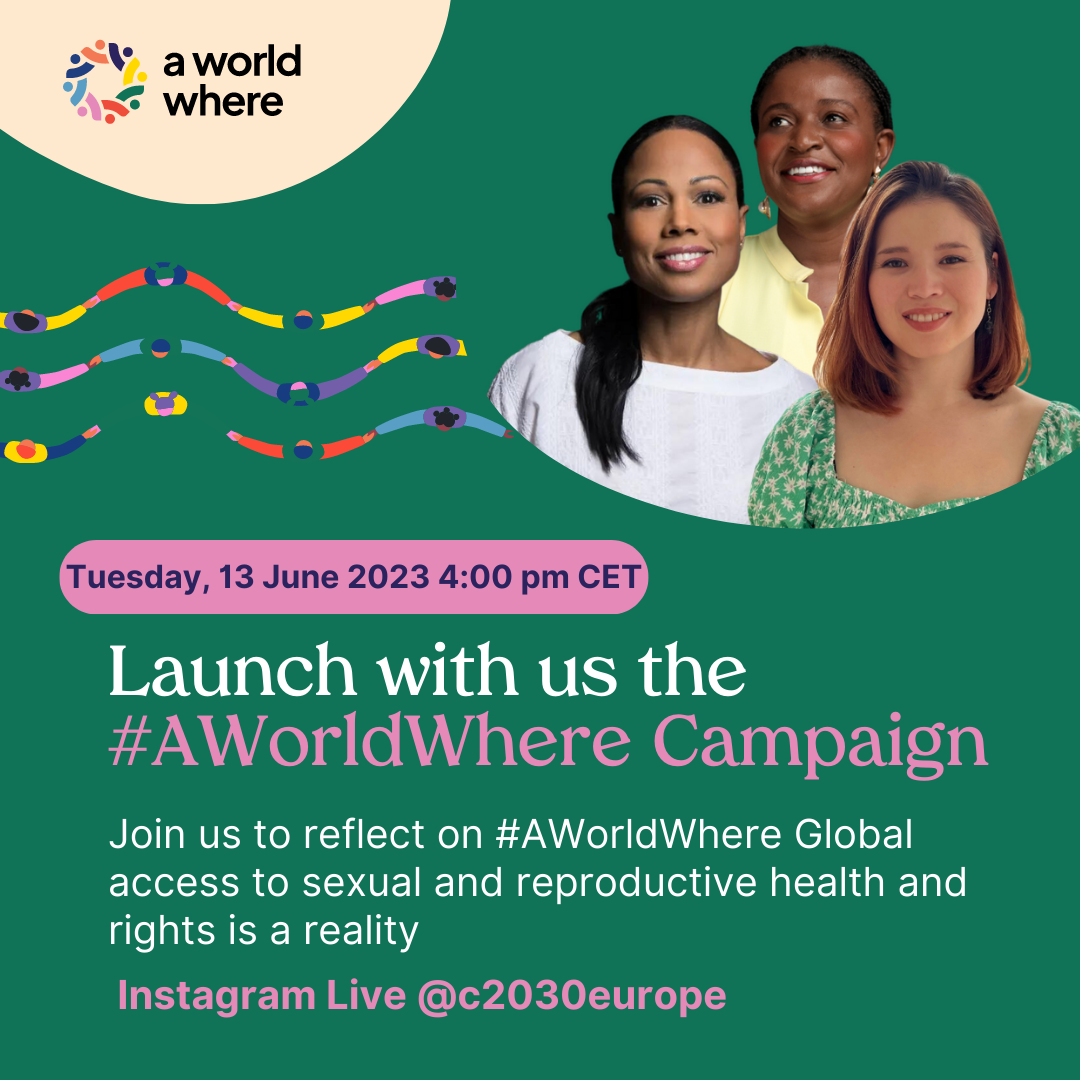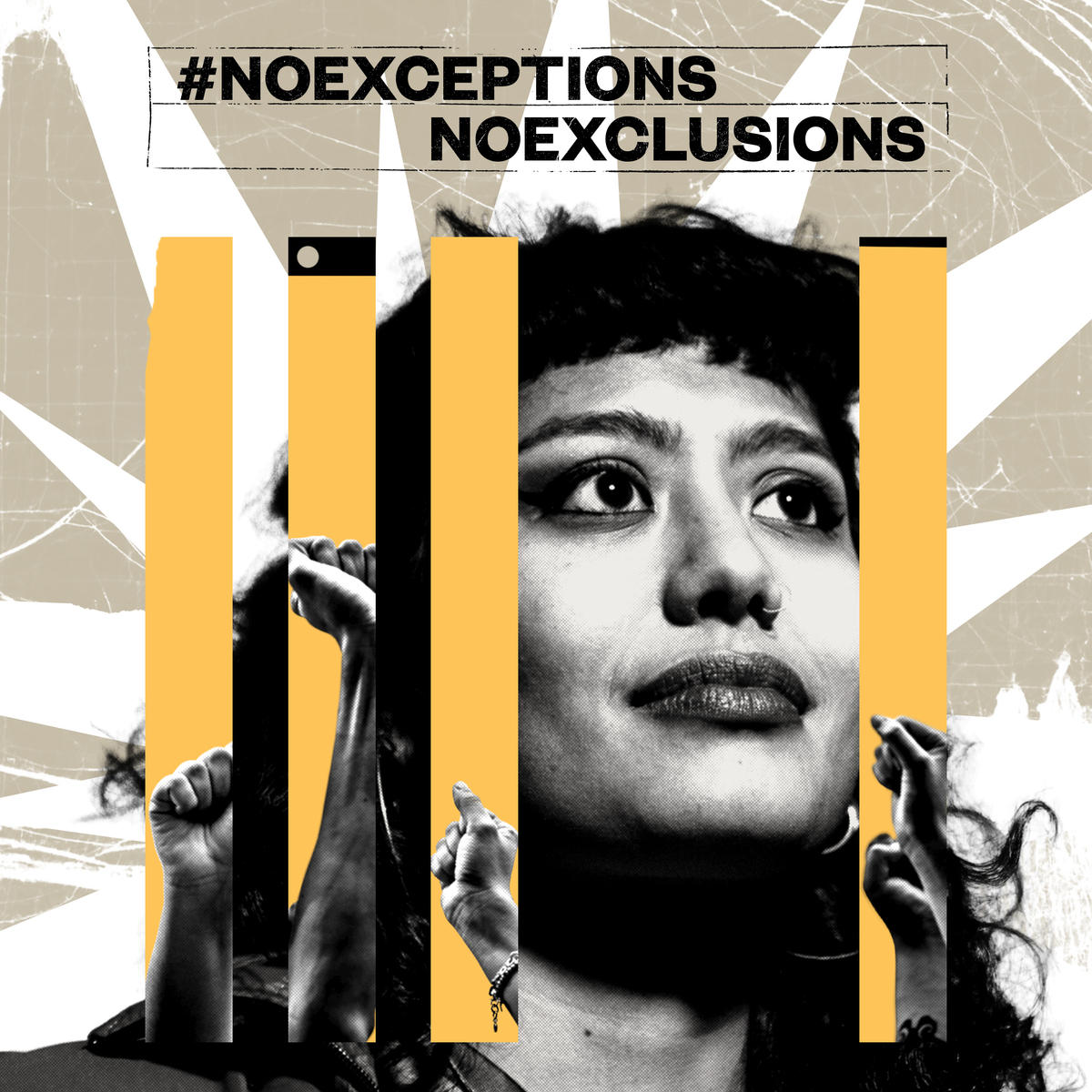Brussels based Countdown 2030 Europe partners actively participated in the European Week of Action for Girls (October 10-15, 2016). This time the annual week-long event was titled “Girls Count: ideas + investment = impact” and called upon European decision makers to bring attention to funding gaps, and look to solutions for bridging these gaps to ensure that EU policies are delivering on their commitments and what girls need.
The week was launched at the European Parliament with a life-size game of “Snakes and Ladders” designed to highlight the impact of various policies – including access to family planning and modern contraceptive methods – on girls’ lives. An advocacy paper on EU gender budgeting was also presented. Launch event was attended by Members of the European Parliament, UN agencies as well as the Commissioner for International Cooperation & Development Neven Mimica. “Girls and women also have a dedicated place in the Action Plan for Democracy and Human Rights. And I will certainly make sure that they are at the heart of the new European policy on development, which will provide a more inclusive and comprehensive framework for action in the years to come,” Commissioner Mimica said at the launch event. “We need to develop the best tools to ensure a society in which all girls can avoid the snakes and instead climb the ladders. We owe it to them, to local communities and after all, to our global development,” he added. (Full speech here).
C2030E partners supported a range of activities, including IPPF EN and the European Women’s Lobby co-organized a workshop on Monday 10 October on sexuality education and sustainable development. The objective of this workshop was to allow young participants to learn more about how sexuality education and family planning contribute to sustainable development and how the EU role is and could be in pursuing such priorities under its development cooperation policy.
The workshop consisted of a briefing “Sexuality education and sustainable development: opportunities for EU development cooperation”, followed by short presentations by the three invited stakeholders representing European Parliament, European Commission and civil society. A discussion around challenges and opportunities for more and better sexuality education was organized in exchange groups, where participants had a chance to further discuss with stakeholders.



